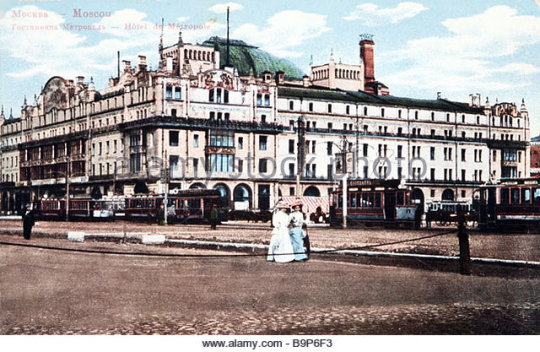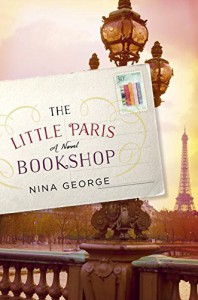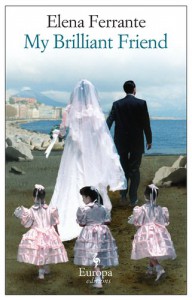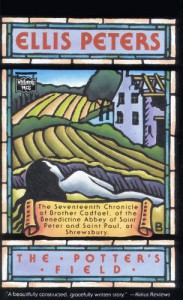
In “The Gentleman of Moscow” by Amor Towers, a German visitor to the Metropol hotel challenges anyone to name three contributions Russia has made to the West beyond the invention of Vodka. Count Rostov takes up the challenge and begins with Chekhov and Tolystoy who he claims are “the bronze bookends on the mantlepiece of narrative. Henceforth writers of fiction from wheresoever they hail, will place themselves in the continuum that begins with one and ends with the other. For who, I ask you has a better mastery of the short form than Chekhov in his flawless little stories? Precise and uncluttered, they invite us into some corner of a household at some discrete hour in which the entire human condition is suddenly within reach, if heartbreakingly so. While at the other extreme…..”

This eulogy prompted me open a beautifully illustrated Folio edtion (pictured) of “The Shooting Party” by Chekov, bought last month from a second-hand bookshop in Dulverton at the bargain price of £9. What a disappointment. For this is not part of that unsurpassed bookend of great literature, a Chekhov short story, but rather a short and rambling novel, the only one Chekhov wrote and told as a story within a story. It leads tediously to a murder, where the victim and murderer are flagged up for those with eyes to see, from very early on - although Chekhov tries to surprise the reader by leaving the denoument to the very end. All the characters with their mulititude of glorious Russian names are sunk in gloom, misery, drunkeness, and despair - the reader would cheerfully shoot the lot, and toast their deaths with a bottle of Vodka.

However, having a got a taste for Russian literature by reading Tolstoy two years ago, there are aspects of the novel I enjoyed. The landscape, the weather and the descriptions of place are uniformally depressing, yet so effective you automatically throw another log on the fire and reach for your slippers. I’ve also got the Folio edition of Chekov’s short stories so do these really make a bronze bookend of great literature? I can’t really see myself disagreeing with Count Rostov but you never know..








 1
1



















